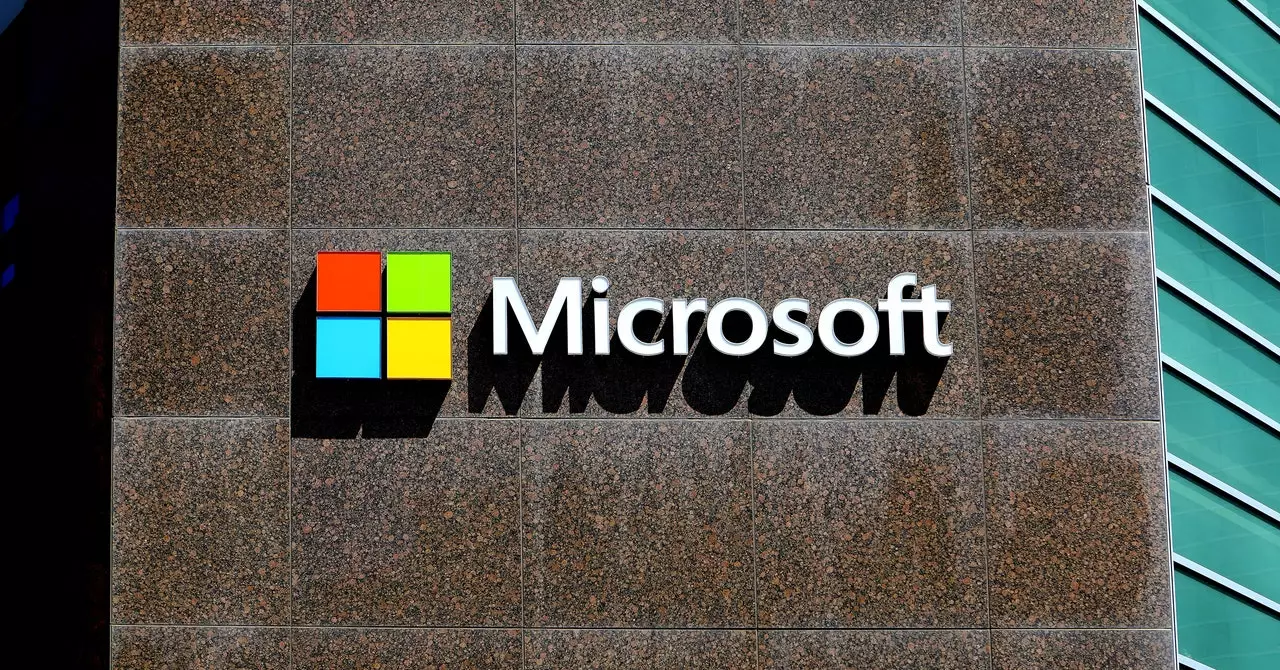The Recall feature in Microsoft systems has recently come under fire for the security risks it poses to users. According to cybersecurity researcher Kevin Beaumont, attackers could potentially gain access to a vast amount of sensitive information about their targets, including emails, personal conversations, and other confidential data captured by Recall. Beaumont has even created a website where Recall databases can be uploaded and searched, highlighting how easily this information can be extracted.
InfoStealer Trojans and System Vulnerabilities
Beaumont also warns that InfoStealer trojans, which are designed to automatically steal usernames and passwords, could be modified to support Recall, exacerbating the risk of data breaches. This is particularly concerning given that Microsoft has faced hacks resulting in US government data breaches in the past. Microsoft CEO Nadella has emphasized the importance of security as a top priority, yet the company has not responded to inquiries about the security features of Recall.
While Recall’s privacy pages claim that users can disable screenshot saving, pause the system, filter applications, and delete captured data at any time, concerns remain about data storage and transmission. Recall runs locally on the laptop, storing captured data on the device itself rather than sending it to Microsoft’s servers. However, security researchers have been able to extract passwords from Recall’s main database, raising questions about the security of this information.
Security expert Hagenah warns of the risks posed by Recall for employers with “bring your own devices” policies. In such cases, employees could leave with large amounts of company data stored on their laptops, posing a significant threat if they are disgruntled or leave under unfavorable circumstances. The UK’s data protection regulator, the Information Commissioner’s Office, has requested more details from Microsoft about Recall and its privacy implications.
The security risks associated with Microsoft’s Recall feature highlight the importance of robust data protection measures and privacy controls for users and organizations alike. As technology continues to advance, it is essential for companies to prioritize security and address vulnerabilities promptly to safeguard against potential data breaches and unauthorized access.


Leave a Reply